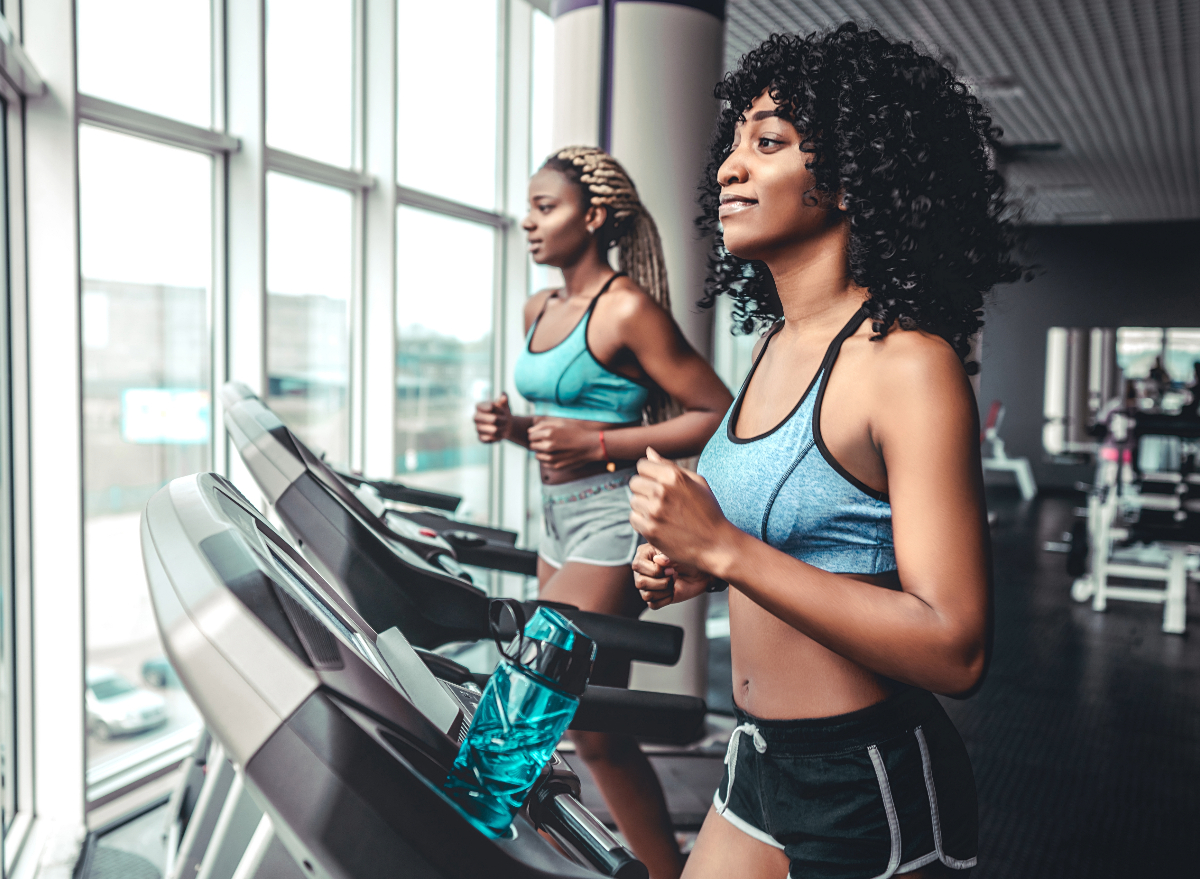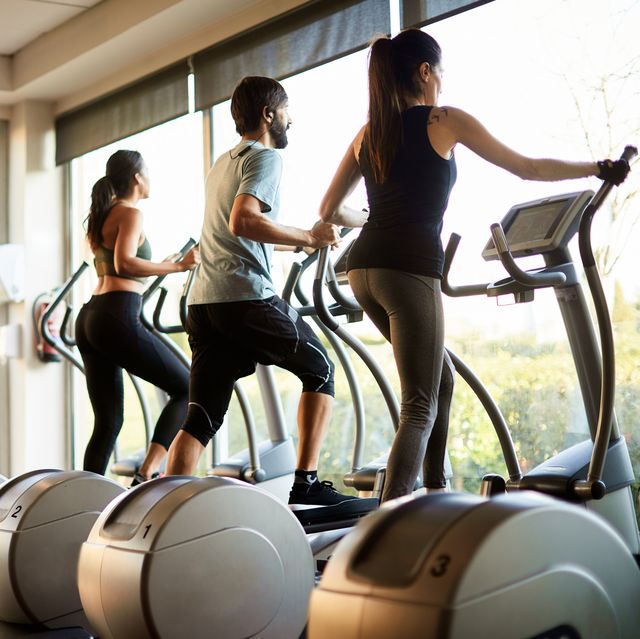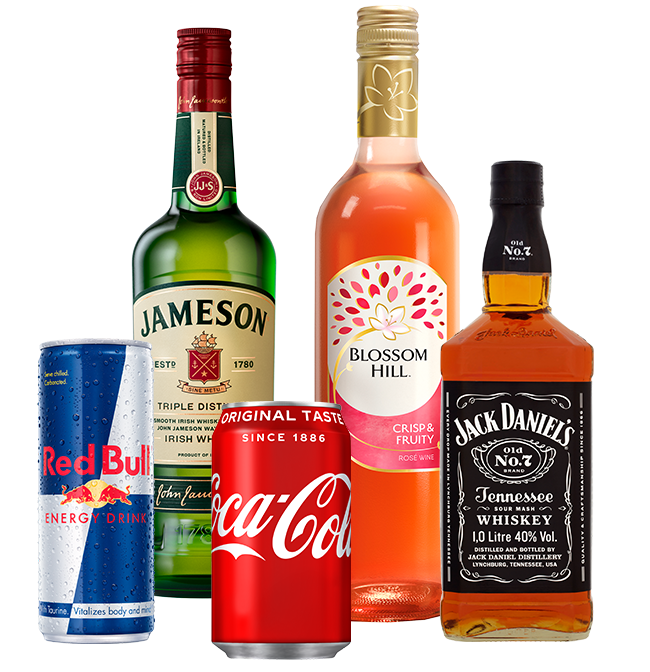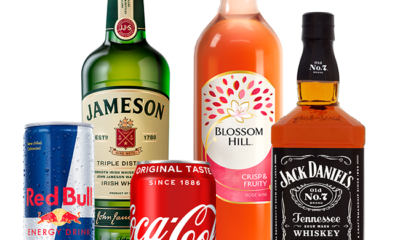We all know staying hydrated is important for our overall health, flushing toxins, keeping our skin glowing, and aiding digestion. But the drinks and beverages we quench our thirst with can make a big difference.
Some beverages might seem refreshing and healthy, but they can pack a hidden punch of sugar, artificial ingredients, or unhealthy fats that can wreak havoc on our bodies.
Let’s dive into some of the drinks to avoid, so you can make informed choices and keep your body running at its best!
1. Sugary drinks
Sugary drinks might be advertised as a quick energy boost, but truthfully, they can do more harm than good. Sure, they provide some glucose, which is the body’s fuel source, but the amount of sugar they pack can be overwhelming.
Consuming too much sugar over time is a major risk factor for developing type 2 diabetes later in life. So, to keep your body healthy and avoid potential health problems, it’s best to limit sugary drinks and opt for healthier alternatives.
2. Coloured drinks
While some drinks might boast vibrant colours that seem refreshing, be cautious of beverages with shades that appear overly artificial or don’t seem to match natural ingredients. These bright hues often come from added colours or dyes. While these dyes might seem like a harmless way to enhance a drink’s appearance, they often contain chemicals.
Consuming large amounts of these chemicals over time has been linked to potential health risks, including damage to the body’s organs. So, to make informed choices and prioritise your health, it’s best to steer clear of drinks with unnaturally coloured hues.
Instead, opt for beverages that get their colour naturally from fruits, vegetables, or spices. These not only look appealing but are also likely to be packed with beneficial nutrients.
3. Carbonated drinks
Carbonated drinks are full of bubbles, or carbon dioxide gas. When you drink them, some of that gas gets trapped in your stomach. This gas can cause bloating, burping, and feeling generally uncomfortable.
Your body naturally produces some gas during digestion, but fizzy drinks add a whole lot more. This extra gas can build up in your stomach and intestines, leading to discomfort.
The carbon dioxide gas in fizzy drinks creates pressure inside your stomach. This pressure can cause you to feel bloated and full, even if you haven’t eaten much.
4. Fermented drinks
There’s a common belief that once you open a drink, it’s best to avoid consuming it after two days. The concern behind this advice centres around fermentation. Fermentation is a natural process caused by bacteria or yeast feeding on sugars in the drink.
This process can significantly alter the taste, sometimes making it sour or fizzy. Additionally, fermentation can break down some of the vitamins and minerals originally present in the beverage.
5. Alcoholic drinks
While you might enjoy an occasional drink, it’s important to be mindful of how much alcohol you consume. While small amounts of alcohol likely won’t cause immediate harm, consistently exceeding recommended limits can take a toll on your liver over time.
The liver is a hardworking organ responsible for filtering toxins and waste products from your blood. When you drink too much alcohol, it puts extra strain on your liver, similar to how overloading a car engine with fuel can lead to performance issues and breakdowns.
By being mindful of your alcohol consumption and staying within recommended guidelines, you can help keep your liver healthy and functioning optimally for years to come. Remember, moderation is key.
Check out more articles on drinks here.


 FASHION5 days ago
FASHION5 days ago
 MOVIES6 days ago
MOVIES6 days ago
 MOVIES4 days ago
MOVIES4 days ago
 HEALTHY LIVING7 days ago
HEALTHY LIVING7 days ago
 OPINION3 days ago
OPINION3 days ago
 ENTERTAINMENT4 days ago
ENTERTAINMENT4 days ago
 ENTERTAINMENT5 days ago
ENTERTAINMENT5 days ago
 ENTERTAINMENT5 days ago
ENTERTAINMENT5 days ago


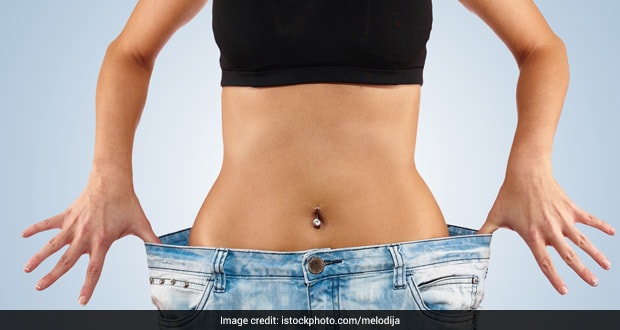




:max_bytes(150000):strip_icc()/092023-Weight-Bench-1eeee349553c49348b5aad2c6a80939a.jpg)

